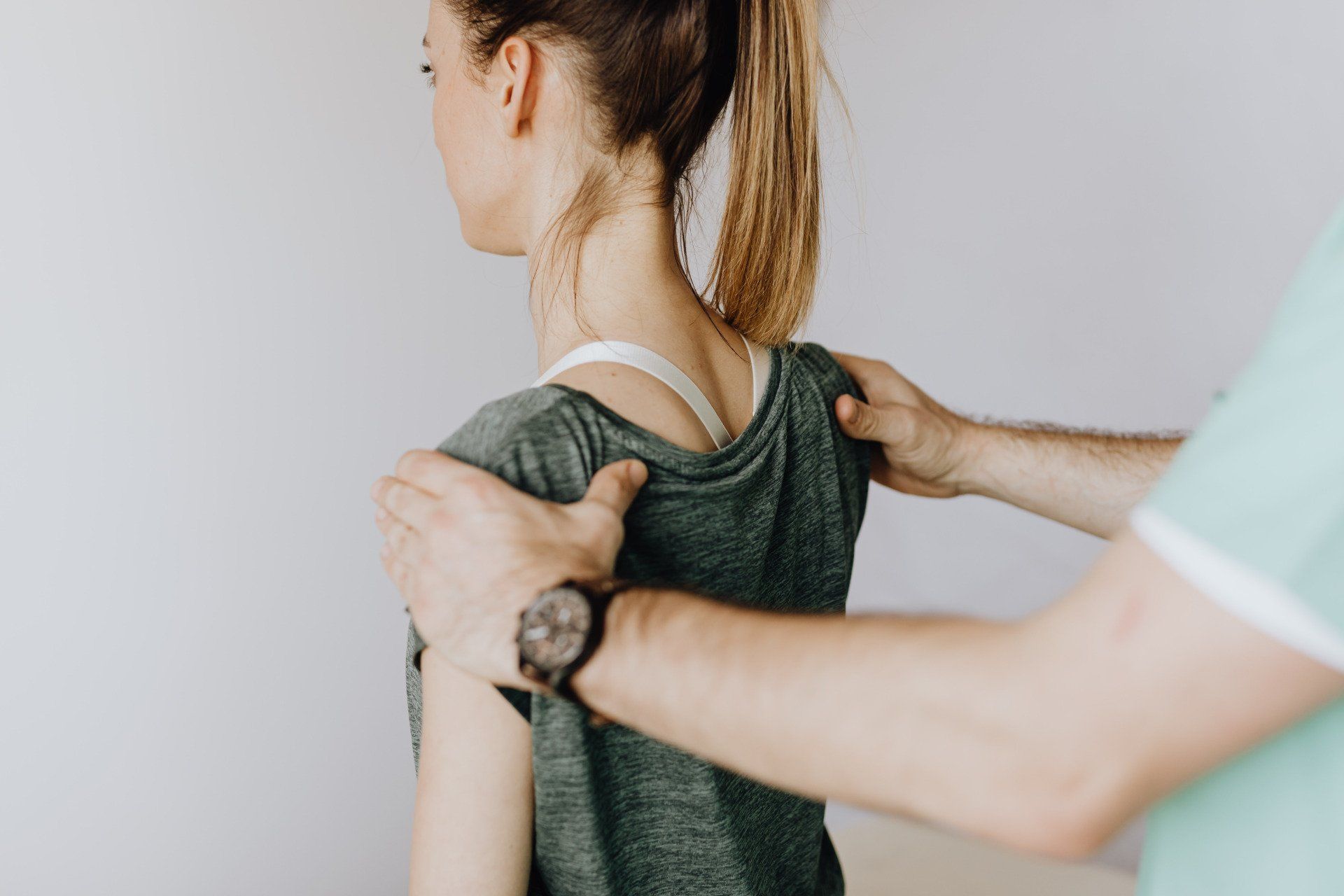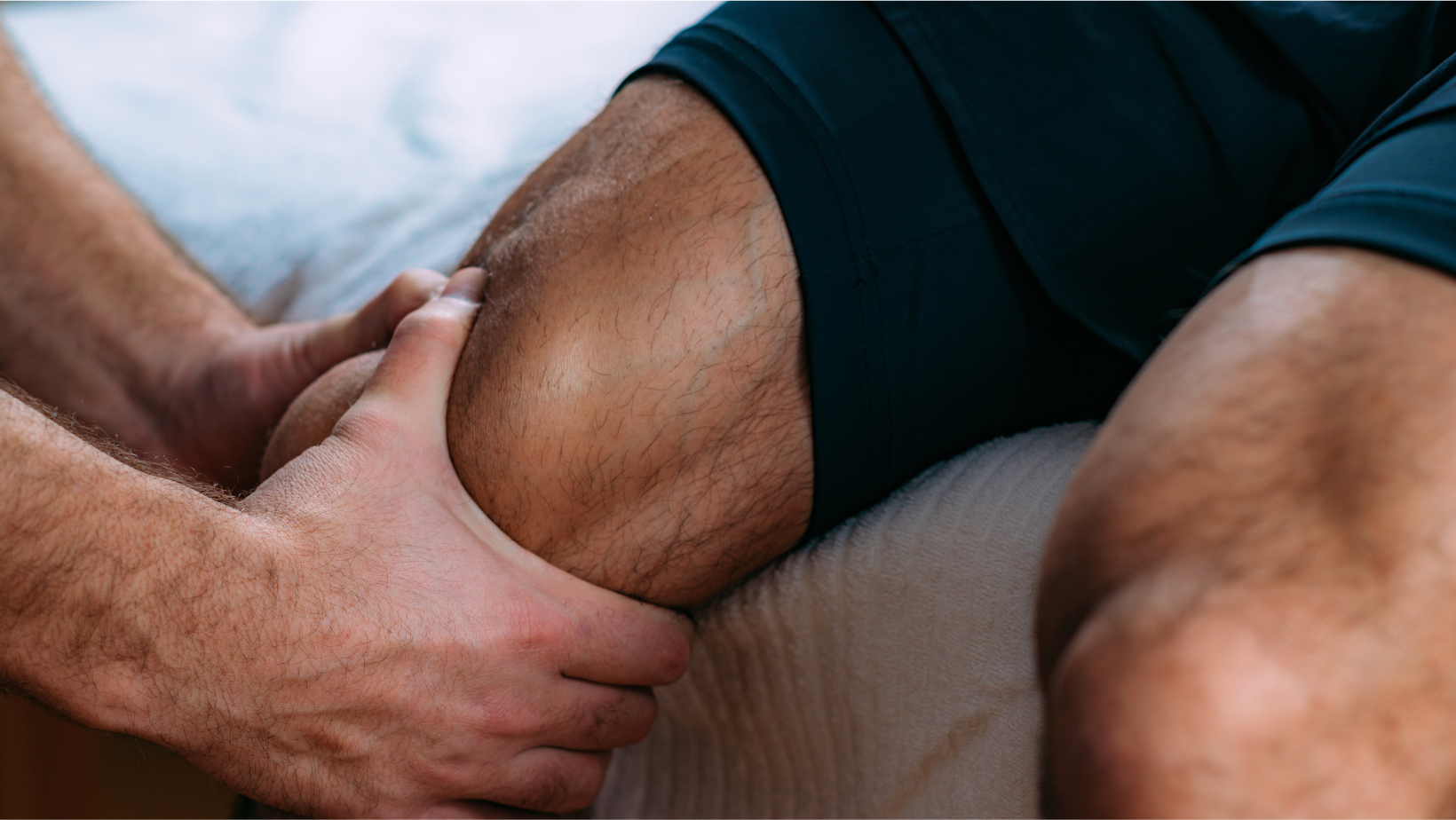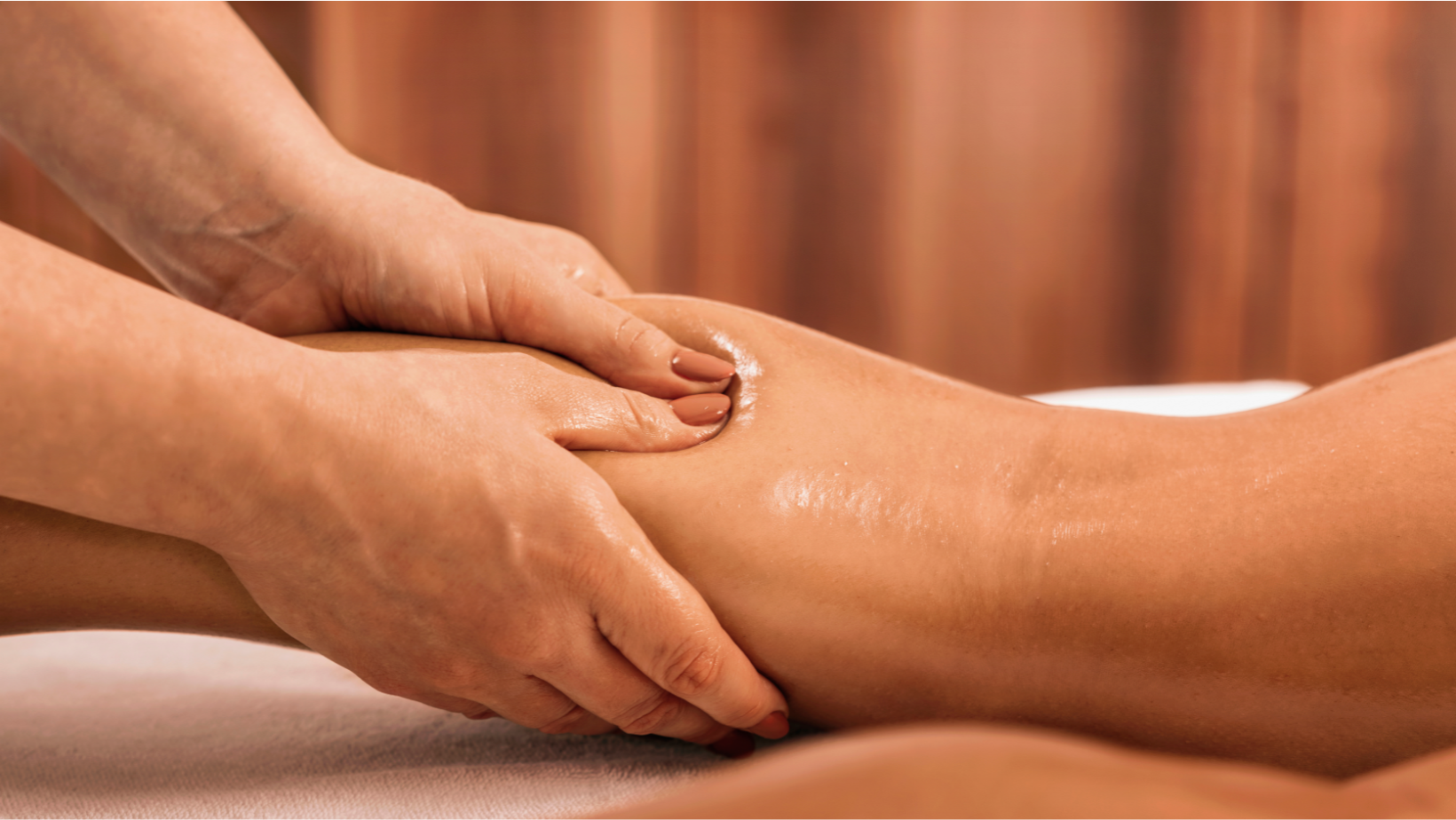What is Rotator Cuff Related Shoulder Pain?
Shoulder pain is extremely common, with 70% of people experiencing it at some point in their lifetime. Furthermore, 50% of this population will continue to experience pain 6 – 12 months after their initial consultation with a health professional.
What is Rotator Cuff Related Shoulder Pain?
The Rotator Cuff complex is a group of four muscles (infraspinatus, supraspinatus, subscapularis, and teres minor) that work together to stabilise the humeral head within the shoulder joint. The term Rotator Cuff Related Shoulder Pain (RCRSP) is an umbrella term commonly used to describe pain around the shoulder, and it accounts for 50 – 85% of shoulder pain.
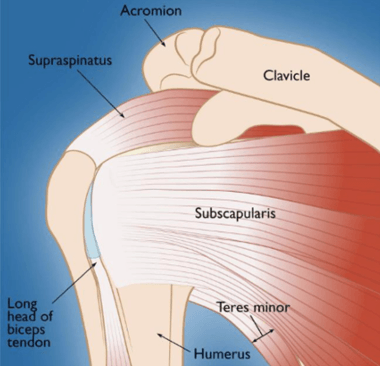
(Orthoinfo, 2021)
Shoulder pain often involves irritation of the tendons, muscles or bursa (fluid filled sac that reduces friction between bone and soft tissue). It can be hard to distinguish which specific structure is the source of pain, but evidence suggests we do not need to know the exact structure causing symptoms because the treatment approach to all, is similar. A common presentation consists of reduced strength on the affected side when loading (putting weight through) the rotator cuff muscles, and pain on movement (specifically overhead movements) without significant loss of range of movement. Other common symptoms include pain when lying on the affected side, disrupted sleep, and pain made worse by activity.
Although the cause is predominately structural related, there are several influencing factors that increase its prevalence including genetics, smoking and alcohol consumption, hormonal influences and lifestyle factors (for example stress, anxiety and depression).
So how do we address shoulder pain?
First and foremost, it is importance to note the evidence supports exercise rehabilitation and education as the first-line treatment approach — unless pain is accompanied by specific medical symptoms that suggest a scan is needed. A qualified health professional will be able to help with this decision but it is rarely needed.
Physiotherapy based treatment is focused on building strength around the shoulder so the muscles and tendons can tolerate more load/ weight. It is important to address the shoulder as a kinetic chain, meaning exercises target the lower body, core and upper body. Forces are transferred from the lower body, through the core to the upper body. If there is a weakness in this chain below the shoulder, it can place additional stress on the shoulder and ultimately overload an already irritable area. Current evidence supports consistent adherence to exercise based treatment for a minimum of 12 weeks and sometimes up to 24 weeks before further investigation and alternative management shoulder be considered.
Education is extremely important, so that you understand the cause of your pain and rationale behind the treatment approach. This improves your adherence to treatment and reduces potential behavioural avoidance, for example, fear of movement. It is important to address possible contributing lifestyle factors like sleep and nutrition, both of which are key to recovery.
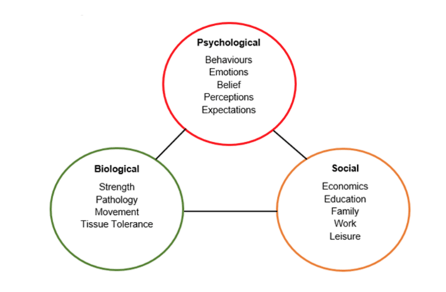
(Physio-pedia, 2021)
We know that exercise and education have been proven to help with pain reduction, improved function and overall mental health and well-being. Therefore, it is important not to jump at other invasive treatments if they are not initially required. If after 12 weeks there is persistent or worsening symptoms, then a referral for further medical investigation would be advised to explore other treatment approaches.
The key message to take away is – shoulder pain is very common, and a high percentage of people will experience it in their lifetime.
Often, exercise and education will be the first-line approach taken and evidence supports its benefits! Recovery can take several months, so stick with it and trust your clinician before considering injections or surgery. New Paragraph
